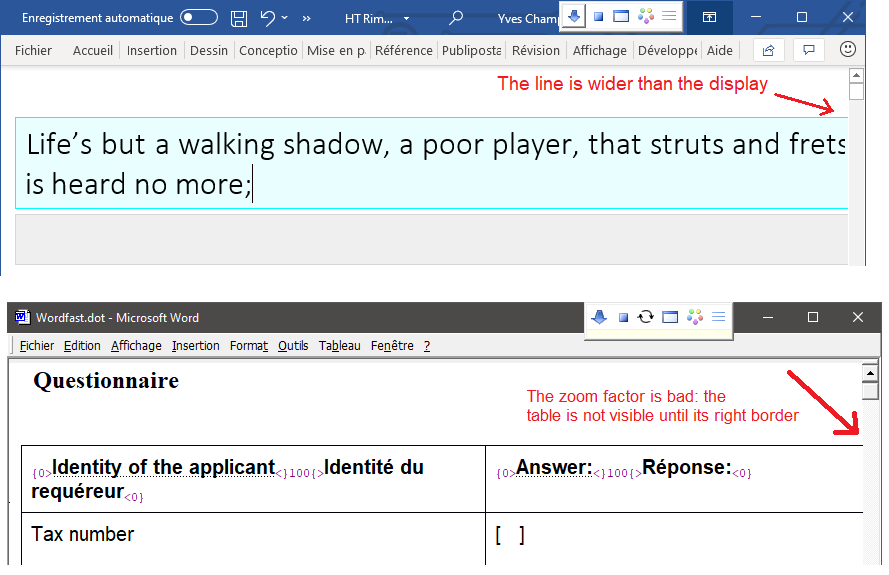
The theoretical significance of this research is to further develop the neology theory as one of the branches of the theory of nomination, the allocation of the total for the language and culture of the methodological platform on the basis of which to develop methods for the study of the language of the lexical units, acting in feature playable characters of the 'language' culture and participating in broadcast mentality of the people who are native speakers, as well as the problems of their translation. Scientific novelty of the research is determined by the tasks, the orientation of research on the disclosure of the scientific potential methodological reasons, the search and processing of information, taking into account not only linguistic but also cultural factors that form the content of neological fields in the English language, as well as the problems of translation of modern vocabulary. To achieve this objective there is a set of tasks :ĭefine the concept and the term « neologism » Ĭonsider the characteristics of neologisms translation Ĭonsider the characteristics of a modern vocabulary translation The purpose of the study is theoretical and practical justification of the issue of neologisms in modern English and their translation The subject of the research are neologisms in modern English and their translation. The object of this research is based on English neologisms in the modern vocabulary These problems are examined differently, are recommended various techniques and methods of translation, there are different opinions as unambiguous, standard solutions are not and can not be.ĭepending on the situation is required a different approach, a different strategy of translation, different translation solutions. In connection with the foregoing, in the world, the role of translation increases.Ī significant number of errors made by interpreters in the transmission of modern vocabulary, suggests that the problem is quite acute, which is paid a lot of attention in linguistic researches. On the other hand, during the change of linguistic paradigms grows interest of linguists to study cognitive structures, objected with linguistic forms. In transitional periods of social and economic development the issue of language changes is one of the central in scientific research, as objectively measures the dynamics of social and industrial transformations. The relevance of this research is, on the one hand, the need to learn new vocabulary as a means to reflect the changes taking place in contemporary lingvoculture influenced by such factors as socially significant computerization, informatization, globalization, etc. The expediency of such approach is even more apparent because of the globalization of culture, which is understood as the acceleration of the integration of nations into the global system, which is accompanied by a global informatization of the world community. Given the fact that the most of the nominative incentives are provided by social, political, scientific and technical, cultural spheres of human activity, at the present stage of development of the science of language is becoming increasingly evident need for a comprehensive study of the linguistic and socio-cultural processes in their functional interaction. The starting point of lexical innovation is the practice, because cultural and historical, socio-political conditions of life and work of a speech community affect to lexical and nominative activities.

The increased interest to the neology problem is due to the important role of neologisms as a mirror of language development, which reflects the language adaptation to the changing under the influence of external factors, the conditions of its operation. This research is devoted to the study of the neologisms of modern English language as well as their translation in the modern vocabulary in the anthropocentric paradigm of the study, the essence of which consists in shifting the interests of the researcher to the objects of knowledge on the subject. 40Ģ.2 Translating difficulties of neologisms in the modern vocabulary……………… 44Ģ.3 Translation features of neologisms in modern texts……………………………. 32Ģ Translation features of neologisms in the modern vocabulary…………………… 40Ģ.1 Means of translation of modern neologisms…………………………………….


 0 kommentar(er)
0 kommentar(er)
